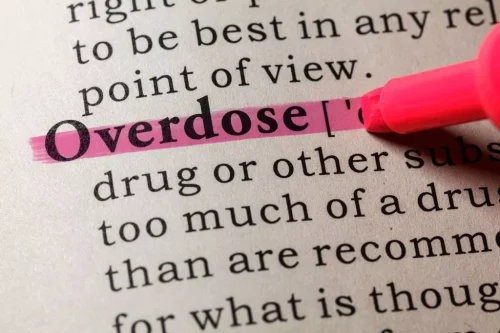You’ll be able to take that newfound confidence into all other aspects of your treatment—and your life. Programs generally last two years, with additional time for supervised clinical experience. While we are unable to respond to your feedback directly, we’ll use this information to improve our online help. Enter your phone number below to receive a free and confidential call from a treatment provider. All these factors can help people stay motivated and committed to their recovery goals.
MP oath to King an empty formula, says SDLP leader
This is possible because creative exercises encourage communication between many parts of the brain, including those involved in memory and decision-making. Basically, art and music therapy can help the brain heal itself after enduring the negative impacts of addiction. Recovering from addiction requires more than just quitting drugs or alcohol. Many people grappling with addiction are also dealing with mental health and emotional issues. Clinical support, behavioral therapy, and peer support groups can help you rehabilitate your life, but you may need more help overcoming the distressing challenges that contributed to your addiction. Research shows that creative therapies can help you relieve stress, express your emotions, and cope with mental health and emotional challenges in a healthy way.

Provides a Healthy Outlet for Self-Expression
It can help us express things that we may feel shameful about, or things that are too painful to recount with words. It can help us look at how we really feel about something, as art is essentially our subconscious outside of ourselves. Whilst exploring these difficult emotions, the practice of creation provides a calming blanket.
- There are many art therapy activities that can support the substance abuse recovery process, but here are some useful examples.
- We believe everyone deserves access to accurate, unbiased information about mental health and addiction.
- It’s not about producing gallery-worthy artwork; rather, it’s about using your creativity as a tool for communication, self-expression, and problem-solving.
Watercolor Your Emotions

Expressive art therapy is an effective and complementary approach to substance abuse treatment. It offers a holistic element by incorporating various creative techniques, allowing individuals to explore their emotions, thoughts, and experiences. Our unique combination art therapy ideas for adults in recovery of naturopathic, allopathic, and evidence-based modalities ensures a holistic approach to treatment. Through expressive art therapy, you can access deep emotions, process your experiences, and express your feelings in a safe and nurturing environment.
Each client leaves Elevate with a customized post-treatment plan, also known as a relapse prevention plan. Telehealth is a virtual program where individuals communicate with licensed health counselors. https://ecosoberhouse.com/article/how-to-cope-with-loneliness-during-addiction-recovery/ We created our outpatient program by curating the most crucial aspects of our residential program. It is practised in a group or in an individual setting and is guided by a trained practitioner.
Stay Ahead of Relapse: Five Warning Signs to Watch For

If you’re having trouble getting your child or a loved one into rehab, call Elevate Addiction Services. Emotions that we may have suppressed or numbed during our active addiction. We do not receive any commission or fee that is dependent upon which treatment provider a caller chooses. With each project you complete, you’ll gain a sense of accomplishment that boosts your progress both in the studio and outside of it.
How Art Therapy Helps with Mood and Emotion Regulation
The creative process allows patients to access repressed feelings and begin to understand the underlying sources of their addictions. There is a lack of nationally representative data addressing the organizational settings of art and music therapy. In the current study, we assess the utilization and organizational correlates of art and music therapies in a national sample of SUD treatment centers by addressing three specific aims. First, we document the prevalence of both types of therapies in SUD treatment programs. Second, we examine the association between the use of art and music therapy and patient populations in a treatment program. Finally, we highlight the relationship between the use of EBPs and implementation of art and music therapies in the treatment center.
Who Benefits From Art Therapy in Rehab?
- To address these underlying issues, we don’t just simply treat the symptoms of addiction.
- This is compounded by the fact that addicts often feel alienated both from the world at large and from their very selves.
- Positive formal thought disorder, delusions, hallucinations and consistently unusual behaviour are characteristics of positive schizophrenia.
- Feelings of denial, depression, compulsion, and obsession are lessened, allowing someone to be more present and feel better without the belief that substances are the only means to peace or joy.
- It also provides an outlet for communication and reduces resistance to treatment.
- One particular study found that participating in music therapy actually helped promote an emotional change in people grappling with addiction challenges.